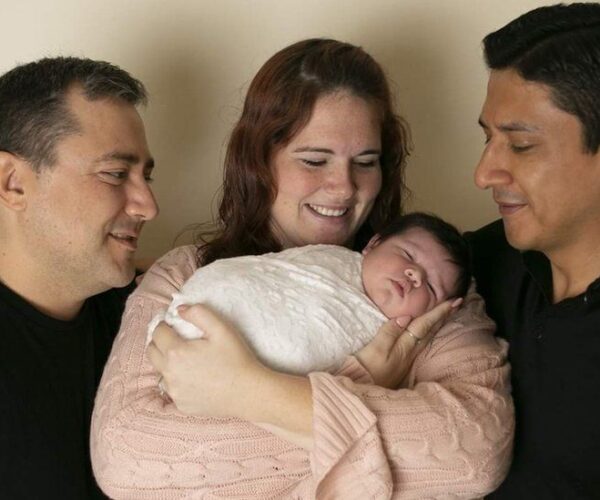How do surrogate mothers give birth? If you are planning to offer your candidacy as a surrogate, you must have thought about this question. In fact, there is no difference between a regular birth and a gestational courier birth (as surrogate mothers are scientifically called). The differences are more at the beginning of the program: a normal pregnancy is the result of physiological conception, while a surrogate pregnancy is the result of doctors’ transfer of an embryo obtained from the egg and sperm of the future genetic parents. And yet, childbirth is such an important stage of the program that it deserves a short separate talk.
The main feature of surrogate childbirth
Perhaps one important feature of surrogate childbirth can be highlighted. A woman carrying a baby for another couple has a better chance of an easy, problem-free delivery. Why? It is quite elementary: only those women with good health and excellent reproductive system are accepted to the program. Moreover, the surrogate is closely monitored by doctors during all nine months.
Where do substitute mothers give birth?
They give birth in a medical facility chosen by genetic parents. Usually these are good maternity hospitals and large perinatal centers – moms and dads-to-be want the best specialists to help their baby come into the world. In such facilities, surrogate mother are very comfortable, women are surrounded by the attention of doctors and medical staff.
About the birthing mechanism
Substitute mothers give birth the same way as all other women in labor. When a woman, acting as a gestational courier, is brought to the birth center, first she undergoes the necessary diagnostics – they see whether the patient is ready to give birth, check the condition of the fetus.
If possible, problems with delivery are detected, a cesarean section is scheduled. However, often, surrogate mother give birth naturally for the reasons listed above. Before delivery, special medications are administered to induce labor and ensure the baby’s safe delivery. As soon as the time comes, the woman is transferred to a separate room.
What happens during the birth process is well known to any future surrogate. After all, only those who have already given birth and have children of their own are accepted into surrogacy programs.
The biological parents may be present at the birth if they have previously agreed to do so with the surrogate mother and if the rules of the medical facility allow it.
The delivery is the final stage of the surrogacy program. After the delivery the baby is handed over to the genetic parents. The surrogate mother, having rested and recovered, is discharged from the maternity hospital. At the same time, the woman receives the main part of her remuneration.




